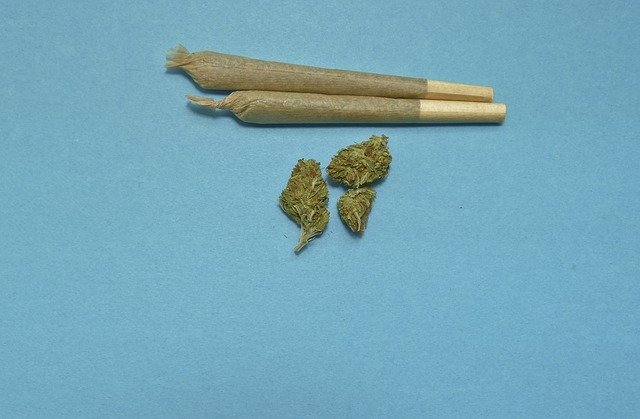
In a recent study, researchers found cannabis use impairs “new verbal learning,” or the ability to remember what you have just read, for 12 to 24 hours after consumption.
One researcher of the study is University of Alberta psychiatrist Scot Purdon.
If rules about cannabis consumption for Canadian police are any measure, people know precious little about how long cannabis impairment lasts.
The wait time for police to show up for work after consumption ranges anywhere from the next day to 28 days, with some forces prohibiting members from using the drug altogether.
The new finding means toking up to relieve stress during exams may not be the best idea.
The good news is that within one to three days, that impairment is cut in half.
Between three and seven days after use, it diminishes even more, with test scores returning to near normal.
But everyone has a different reaction to the intoxicating effects of cannabis, so the residual effects are bound to differ as well.
In some people, memory problems may clear quicker than sensory problems or the motor problems.
Other researchers agreed performance can vary greatly between individuals after consuming, depending on a host of factors including history of cannabis use, tolerance, dose and strength of cannabis consumed, and mode of use.
Edibles, for example, are associated with slower onset of intoxication and performance deficits.
For the past year, the team has been exploring how duration and frequency of cannabis use—and the age of the user—may contribute to impairment levels.
The team examined 120 young people between the ages of 18 and 35 described as heavy users—those who consume at least one gram of cannabis at least once a week—to gauge the lingering effects of abstinence after at least 12 hours.
There are more than enough studies to suggest that, in the hours immediately after consumption, if you’re high, you seem to do more poorly on most things.
The participants took standardized performance tests to measure verbal learning proficiency and verbal fluency—how fast you can talk—as well as memory retention of words and images.
Other tests measured executive skills, or how fast you can initiate a plan of action without tripping over yourself.
As for when someone is fit to return to work after using the drug, a safe limit would be somewhere around 72 hours.
Some of the longer-term wait times, such as 28 days, are presumably based on how quickly cannabis leaves the body.
More importantly, he added, there is a crucial difference between the presence of tetrahydrocannabinol (THC) in the body and the length of time it remains psychoactive.
The THC metabolites we’re picking up in urine or in the blood are not the same neuroactive components” that get you high.
It is why Canadian Blood Services doesn’t test for THC in blood donations.
There are many questions around cannabis impairment that need better answers. With legalization those answers are likely to come soon.
Copyright © 2018 Knowridge Science Report. All rights reserved.
Source: University of Alberta.



